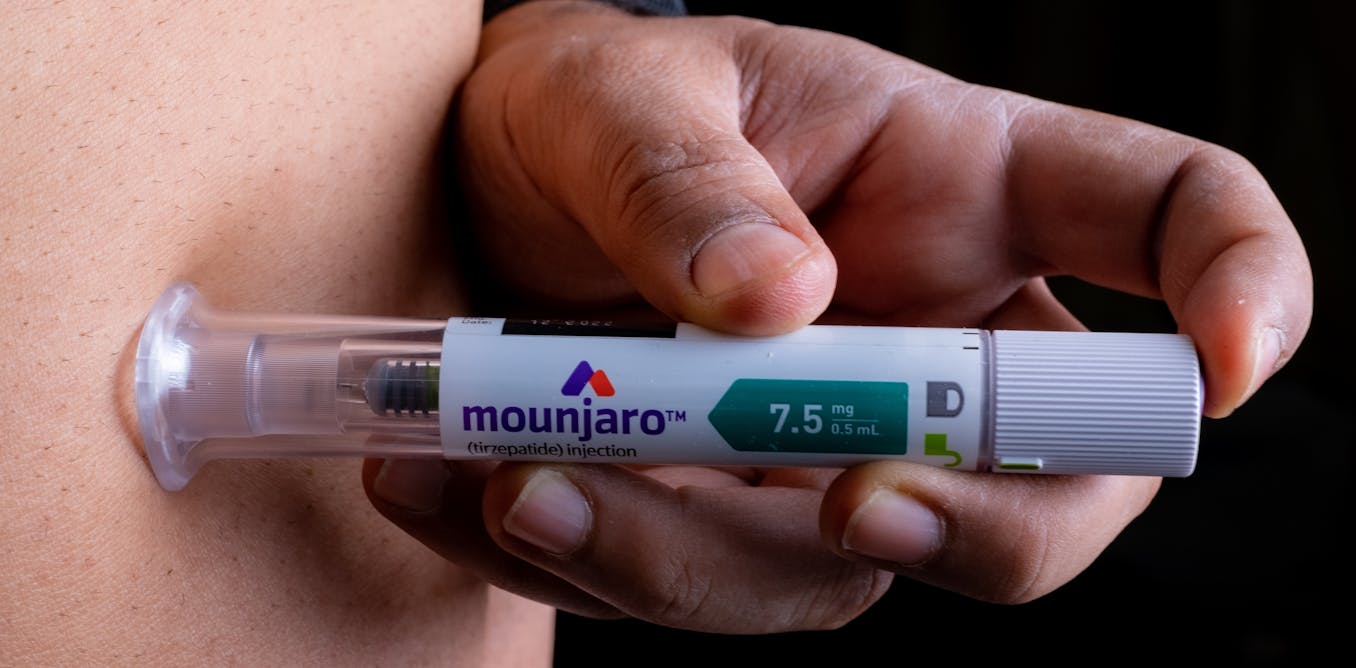In recent years, weight loss has evolved beyond diet trends and workout routines. With scientific breakthroughs and new medications, the possibilities for sustainable weight management have expanded. One of the latest developments making headlines is Mounjaro, a medication originally developed for type 2 diabetes that is now being used for weight loss. With growing interest globally—including a noticeable rise in searches for Mounjaro in Dubai—it’s worth exploring whether this option is truly safe and effective for shedding extra pounds.

What Is Mounjaro?
Mounjaro is the brand name for tirzepatide, a once-weekly injection that mimics the effects of two key hormones: GLP-1 (glucagon-like peptide-1) and GIP (glucose-dependent insulinotropic polypeptide). These hormones help regulate blood sugar and appetite. By targeting both, Mounjaro supports better blood sugar control and promotes feelings of fullness, which can lead to reduced calorie intake and weight loss.
This dual-action mechanism is what sets Mounjaro apart from other GLP-1 medications. The ability to address both glucose levels and hunger more comprehensively offers new hope for individuals who have struggled with other weight loss methods.
How Effective Is It for Weight Loss?
Clinical trials and real-world usage have shown promising results. In studies, participants who used Mounjaro lost a significant percentage of their body weight—sometimes over 20%—when combined with a healthy lifestyle. For many, this level of weight loss can have profound health benefits, including improved blood pressure, reduced cholesterol, and lower risk of obesity-related conditions.
But it’s important to understand that Mounjaro is not a magic bullet. It works best when integrated into a comprehensive wellness plan that includes balanced nutrition, regular exercise, and behavior change. It enhances the results of healthy habits—it doesn't replace them.
Is Mounjaro Safe?
The question of safety is a critical one, especially with the growing popularity of Mounjaro among people seeking fast, noticeable results. Like any medication, Mounjaro comes with potential side effects. The most commonly reported include nausea, vomiting, constipation, and diarrhea. These symptoms tend to be mild and diminish as the body adjusts.
However, some individuals may experience more serious effects, particularly if they have a history of pancreatitis or thyroid issues. That’s why it’s essential to consult with a healthcare provider before starting any new medication, including Mounjaro. Personalized advice can help determine whether the benefits outweigh any risks based on your unique health profile.

Who Should Consider Mounjaro?
Mounjaro Dubai is currently approved for people with type 2 diabetes, but its role in weight loss is gaining traction fast. Those who are obese or overweight and have related health conditions may find it especially useful. It is also being studied for broader use in weight management, even in people without diabetes.
That said, it’s not for everyone. Individuals who are pregnant, trying to conceive, or dealing with certain medical conditions should avoid it unless advised otherwise by a medical professional.
The Bottom Line
Mounjaro represents an exciting advancement in the field of weight loss, offering a science-backed method for those who’ve struggled with traditional approaches. It’s not a quick fix, but for the right individual, it can be a game-changer—supporting real, measurable progress in both weight and overall health.